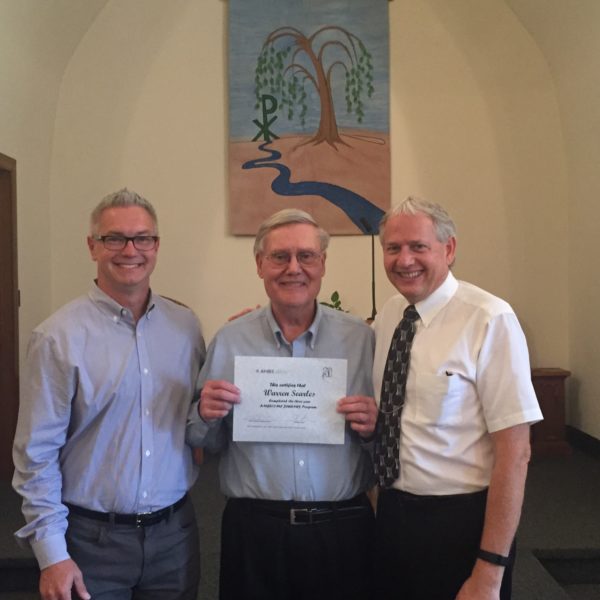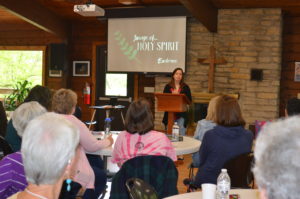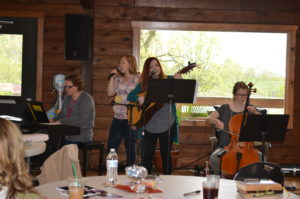Price is a simple number. How much money do I need to hand you to get this thing?
Cost is more relevant, more real and more complicated.
Cost is what I had to give up to get this. Cost is how much to feed it, take care of it, maintain it and troubleshoot it. Cost is my lack of focus and my cost of storage. Cost is the externalities, the effluent, the side effects.
Just about every time, cost matters more than price, and shopping for price is a trap
– Seth Godin
This is an important word for churches, too. Sometimes, as we make decisions in the church, we consider the price but do not adequately consider the cost.
In my experience, the concern for price over cost is most dangerous when congregations need outside help, like mediation, to restore health to the congregation. Many congregations have said no to mediation because of price without fully considering the long-term cost of unhealth. Congregations have closed their doors because the cost of congregational unhealth was much greater than the price of mediation.
This is also true for persons. The concern for price over cost is damaging in circumstances where a person or couple need counseling to restore health. Yes, counselors cost money. But there is a greater cost to unhealth that goes unchecked or unaddressed.
If you are a leader in the church, part of your work is helping those around you consider all the costs involved in doing particular things or not doing other things. Price is in the mix, to be sure. But it isn’t the only factor. Sometimes the cost of inaction is much greater than the price of action.
If you are a leader in the church, part of your work is also practicing this in your life. Are there areas of your life or leadership that need to be addressed? What is the price of addressing them? What is the cost of not addressing them?
If you are not dealing with your stuff, it will be very hard for you to help other people deal with their stuff.
There is a cost beyond price.
Price vs. Cost in the Church
Price vs. cost












